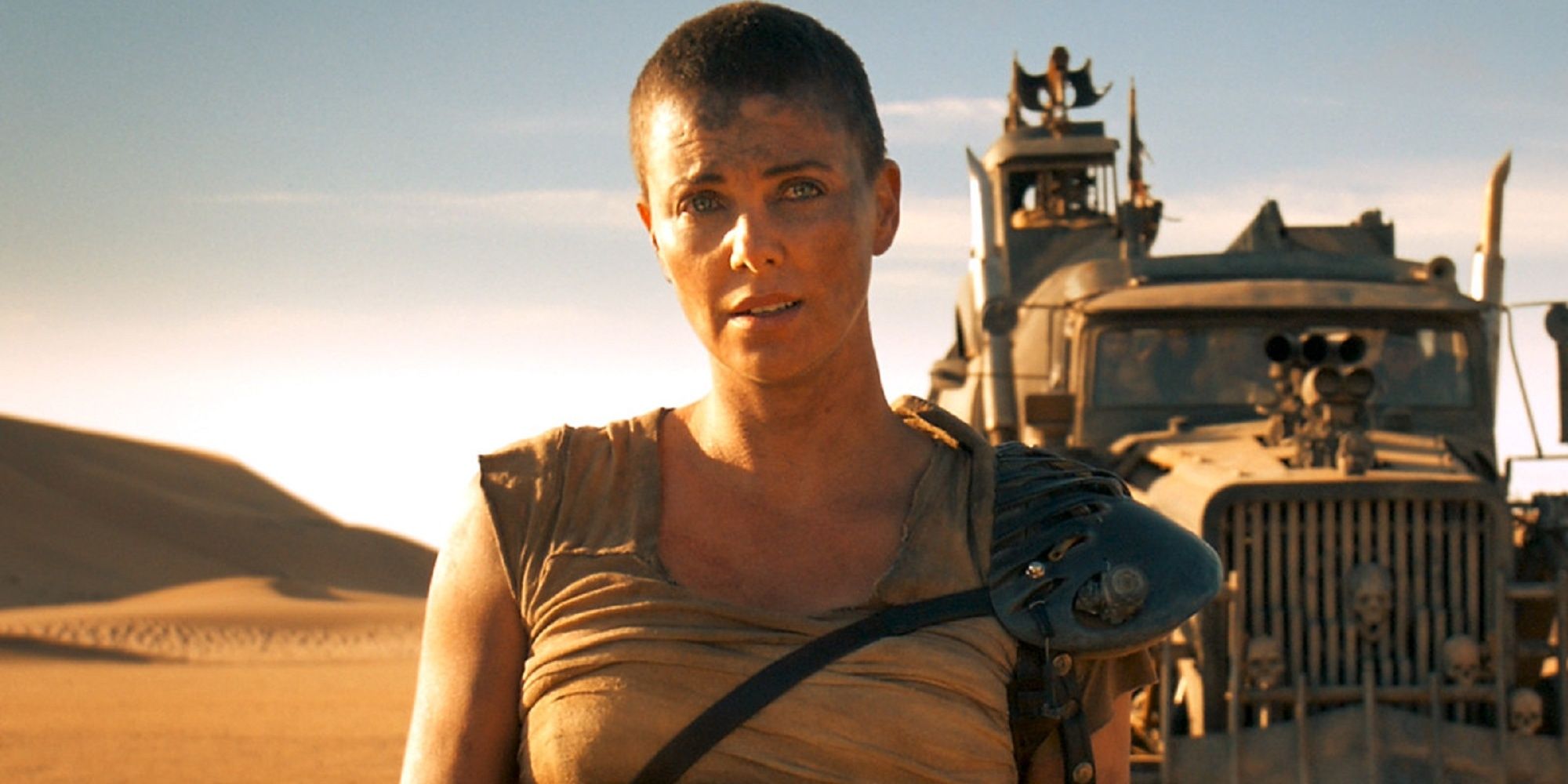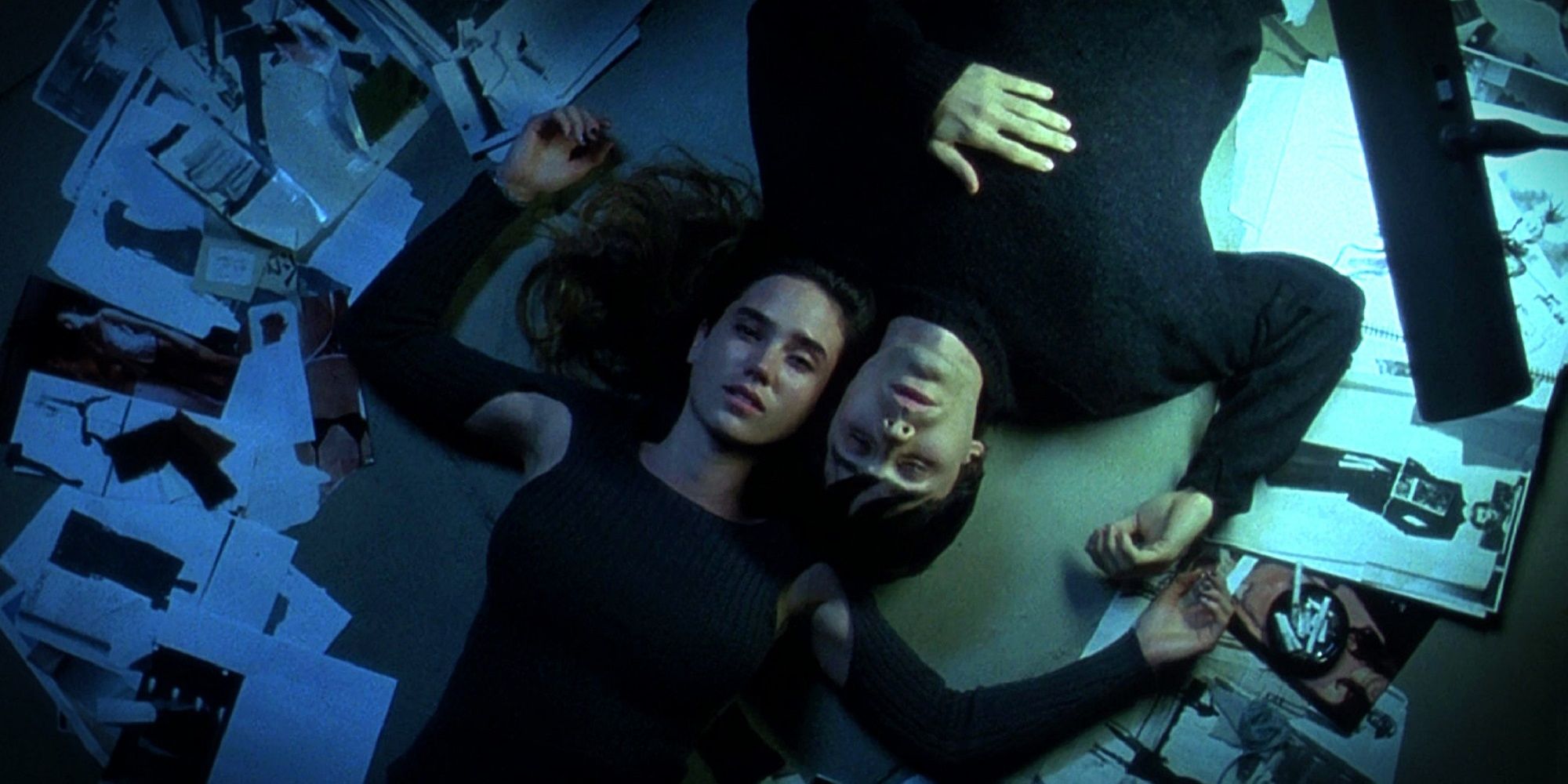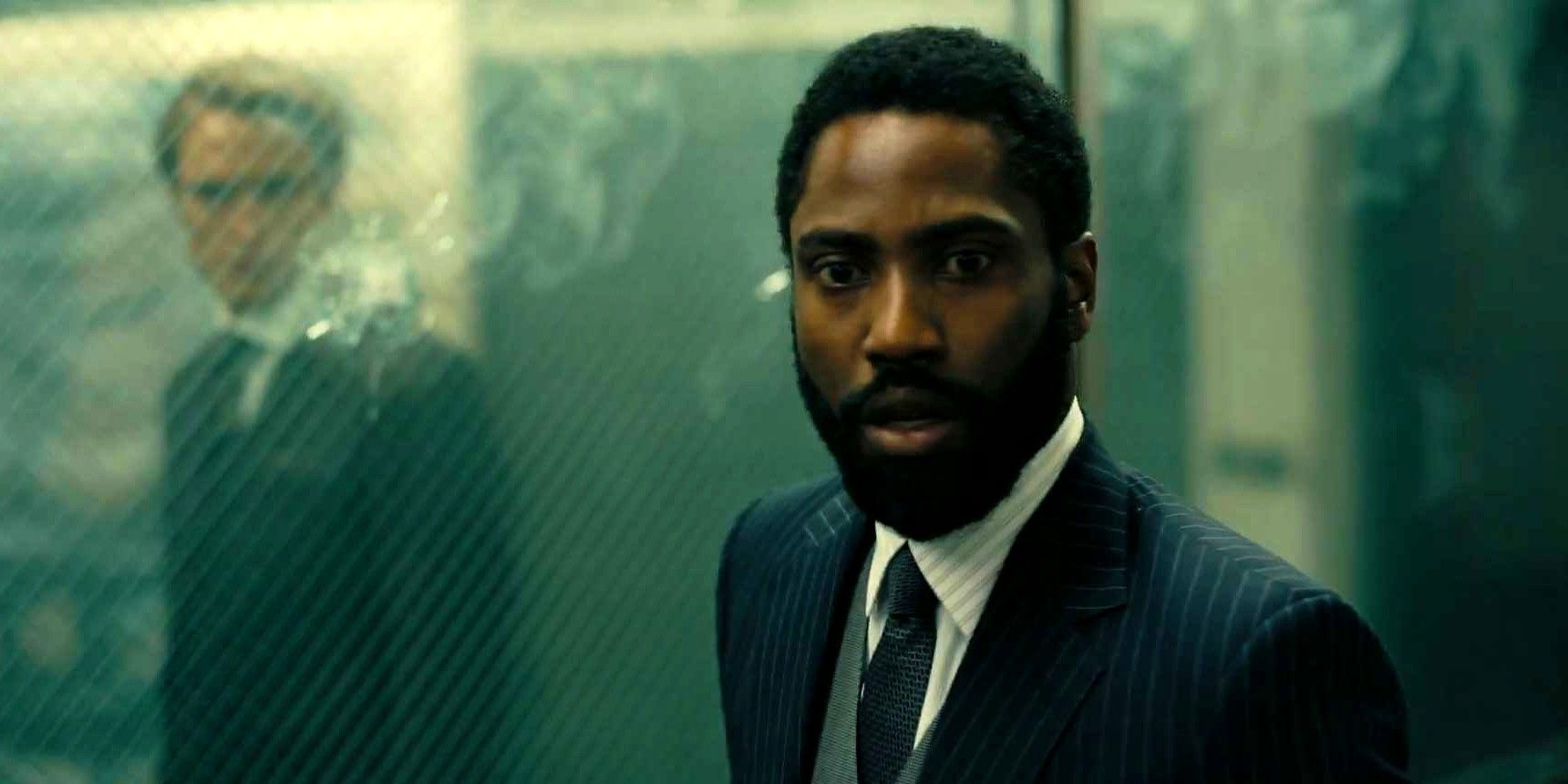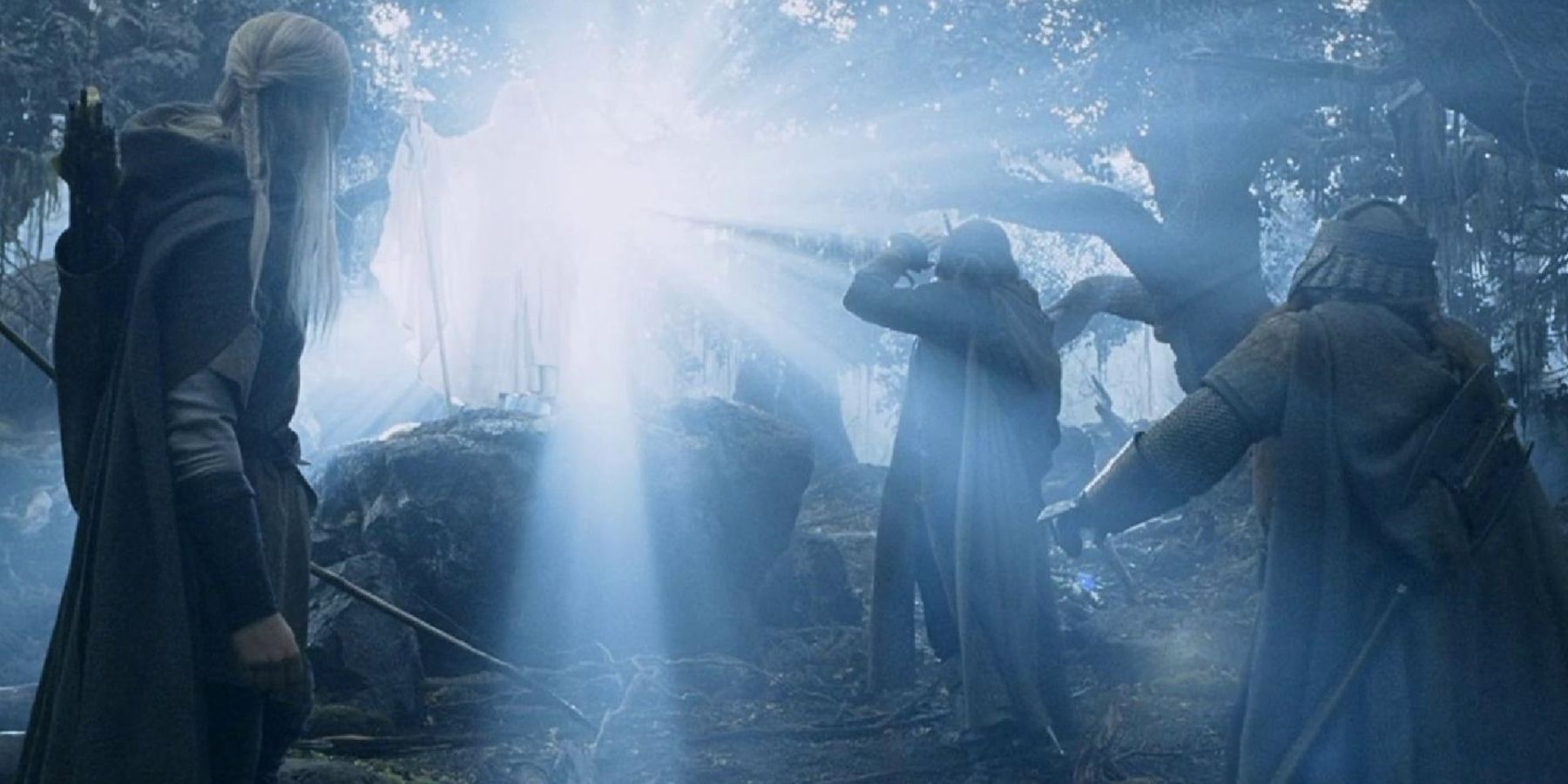You can never really anticipate being nominated for an Oscar. Several films have tried and will continue to try, but in the end, what gets nominated is mostly up to the whims of the gods. This goes for every category, but it seems like the Best Original Score category, almost always one of the most competitive categories, has this rule on lock.
9 Film Scores That Can Be Enjoyed Without The FilmIn fact, the number of iconic scores that aren't nominated for Oscars is astounding. It makes an interesting case study of how movie soundtracks get nominated and what the Academy finds worthy. And while the Academy gets as many right as they do wrong, there are some instances where they get it very wrong.
'Back to the Future' (Alan Silvestri)
It seems like heresy that Back to the Future didn't receive a score nomination. Still, Alan Silvestri's now iconic work on the film failed to garner any notice from the Academy. And it wasn't like Back to the Future was unpopular with the Academy, far from it - the film managed to get four nominations that year, including an Original Screenplay nomination, a rarity for science fiction, let alone sci-fi comedies.
Much of the film's success is due to the soaring work done by Silvestri, whose theme is perfect for the film's light-hearted tone while also keeping an air of mystery about what's beyond the veil of time and space. That year, John Barry would win his fourth Oscar for Out of Africa, a great score for sure, but arguably lacks the iconic impact and overall memorability of Back to the Future's sounds.
'First Man' (Justin Hurwitz)
This isn't surprising considering that, outside of technicals, First Man was shockingly ignored come Oscar season that year. While Damien Chazelle's space drama about Neil Armstrong (Ryan Gosling) was widely seen as an early contender, it was a competitive year and didn't make the cut despite a strong push.
It is a little bizarre, though its score, widely seen as one of the best of the year, was also left out. Justin Hurwitz uses a mostly piano-focused sound to slowly build to a grand final orchestra during the moon landing, and it's possible the Academy found it too subtle and not bombastic enough overall to nominate. However, it was a competitive year, and it's hard to argue against the final lineup, which saw Black Panther take a much-deserved win.
'Inside Out' (Michael Giacchino)
While Michael Giacchino is one of our premier composers for most franchises and blockbusters nowadays, his best work tends to come from the studio that put him on the map - Pixar. Even to this day, he manages to bring out some of his most memorable and exciting scores through the studio, so, interestingly, he's only been nominated twice for his work there.
10 Best Pixar Movie Sidekicks of All Time
His work on Inside Out, which remains some of his most experimental, unique work in his career, was snubbed. It might be his best overall work with the company, mixing melancholy with a real sense of wonder that feels distinctly Pixar.
'Jurassic Park' (John Williams)
This one is baffling, though it's understandable once you hear what won in its place. Jurassic Park is widely seen as one of John Williams' best scores, both sweeping and majestic, while also having great horror work built into its core. It's a Jaws-level score for dinosaurs, placing it in the top pantheon of his already amazing body of work.
However, Williams did win that year for Schindler's List, another film widely seen as one of his best. So while Jurassic Park failed to get a nomination, Williams still managed to be recognized for his incredible work that year with an equally fantastic, if completely different, score.
'Mad Max: Fury Road' (Junkie XL)
In 2015, Mad Max: Fury Road was a surprise Oscar contender and managed to rack up many nominations at the Academy Awards, much to the shock of most people in the industry. It was a technical achievement across the board, and pretty much no stone was left unturned regarding its technical nominations, which it swept in good form.
'Furiosa': Chris Hemsworth Reveals 'Mad Max: Fury Road' Prequel Has Begun Filming
While the score wasn't its most egregious snub (that likely goes to Charlize Theron for her transformative performance as Furiosa), Junkie XL's lack of acknowledgment here is a shame. The pulse-pounding, fist-pumping sound it creates elevates the entire production, and while it's an action movie score through and through, it's among the best of its kind.
'Requiem for a Dream' (Clint Mansell)
Clint Mansell's lack of an Oscar nomination is contentious among film fans. Widely seen as overdue for a nomination of some kind, Requiem for a Dream remains one of his most memorable pieces of work and was one of many collaborations with acclaimed director Darren Aronofsky.
Its main theme, "Lux Aterna," has become a relevant part of pop culture and one of the most recognizable pieces of movie music of the 2000s. While some of this is likely due to its usage in the trailer The Lord of the Rings: The Two Towers (whose remix, "Requiem for a Tower," is still a popular fan trailer theme to this day), it's an incredible score beyond that and deserved some kind of nomination that year.
'Tenet' (Ludwig Gorransson)
In another example of action scores getting overlooked by the Academy, Tenet's unique and highly experimental score by Ludwig Gorransson was pretty much ignored come Oscar season. While the film itself is mostly relegated to its technicals made sense - it received divisive reactions from both critics and audiences - how its score wasn't in the conversation is baffling.
'Tenet' and 9 of the Most Confusing Movie Endings Of All Time
Beyond simply fitting the film to a tee, Gorransson's ability to turn the score backward like the film itself and still create a recognizable sound is worthy of praise. The haunting main theme is one of Christopher Nolan's most memorable themes, and its lack of nomination in an otherwise slow year was a crime.
'The Girl with the Dragon Tattoo' (Trent Reznor and Atticus Ross)
David Fincher's phenomenal adaptation of The Girl with the Dragon Tattoo was an Oscar darling despite never touching Best Picture. Nominated for five Academy Awards, it was already one of the more celebrated films at the ceremony that year, and it was well deserved. Despite that, one of its best elements - Trent Reznor and Atticus Ross' amazing music - was ignored.
It was simply likely that the film had steep competition. John Williams came in barreling with two nominations for War Horse and The Adventures of Tintin, Howard Shore returned with a vengeance with Hugo, and Ludovic Bource would eventually win for his stellar work on The Artist. Still, Reznor and Ross should have at least received a nomination, as their score ranks as among the best of their careers.
'The Lord of the Rings: The Two Towers' (Howard Shore)
Howard Shore's now legendary work on The Lord of the Rings might be the best film score a single person has made in history - sweeping, epic, and operatic, while also giving every character, situation, and place its own musical identity. Both The Fellowship of the Ring and The Return of the King took home the Oscar in their respective years for their music, but The Two Towers wasn't even nominated.
The Two Towers was deemed "ineligible" due to it not containing enough original material. What makes this ruling especially absurd is the fact that most of The Two Towers' score is, in fact, brand new, thanks to the introduction of Rohan and its various themes.
'Tron: Legacy' (Daft Punk)
While it wasn't the only award Tron: Legacy received snubs in - its lack of technical nods outside of Sound Editing was bizarre, to say the least - probably its most infamous was Daft Punk's lack of nomination for their only movie score. While Tron: Legacy is widely seen as a worthy sequel nowadays, on release, reviews were lukewarm. Still, nearly everybody praised Daft Punk's score as one of the best of the year.
Its lack of a score nomination could be possibly due to Academy ruling, as they are notoriously picky about films with more than one composer. As Daft Punk was a duo, they were likely snubbed for that reason, which is unfair due to that year's winners being Trent Reznor and Atticus Ross' for the equally excellent score for The Social Network.
7 Absolute Bangers That Somehow Got Snubbed for a Best Original Song Oscar Nomination

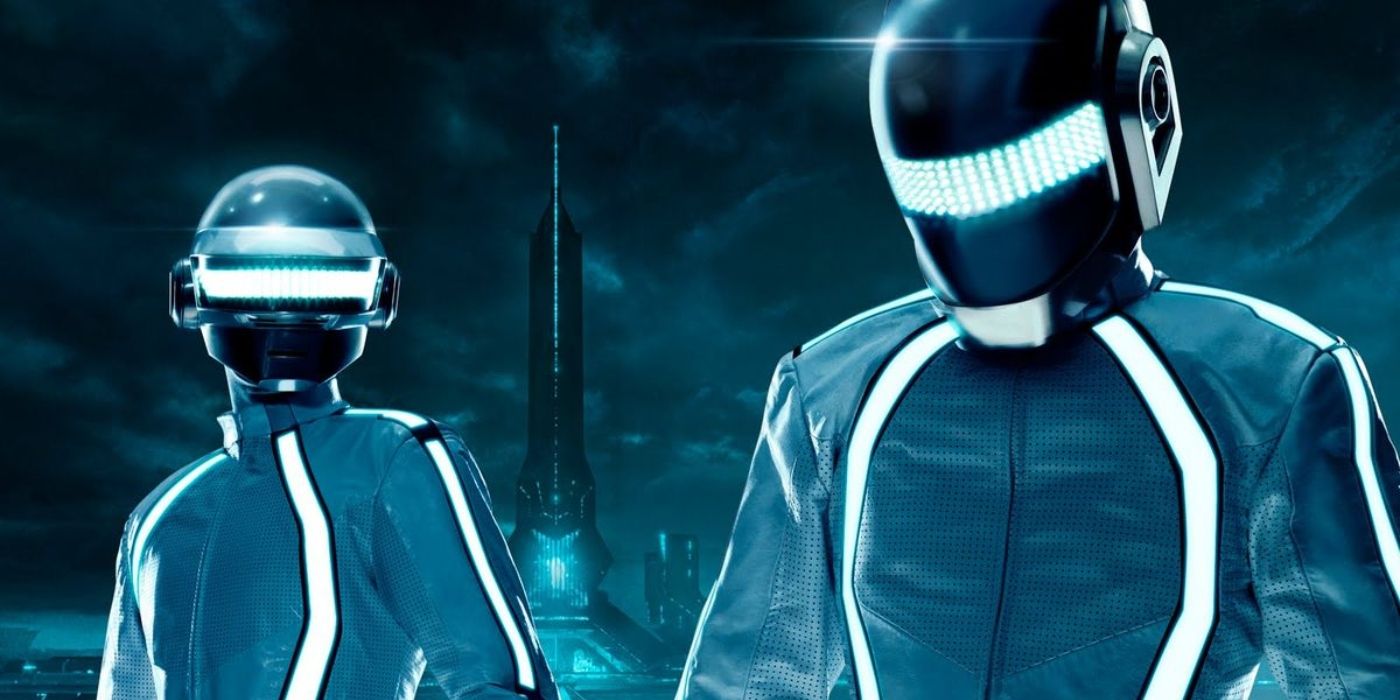
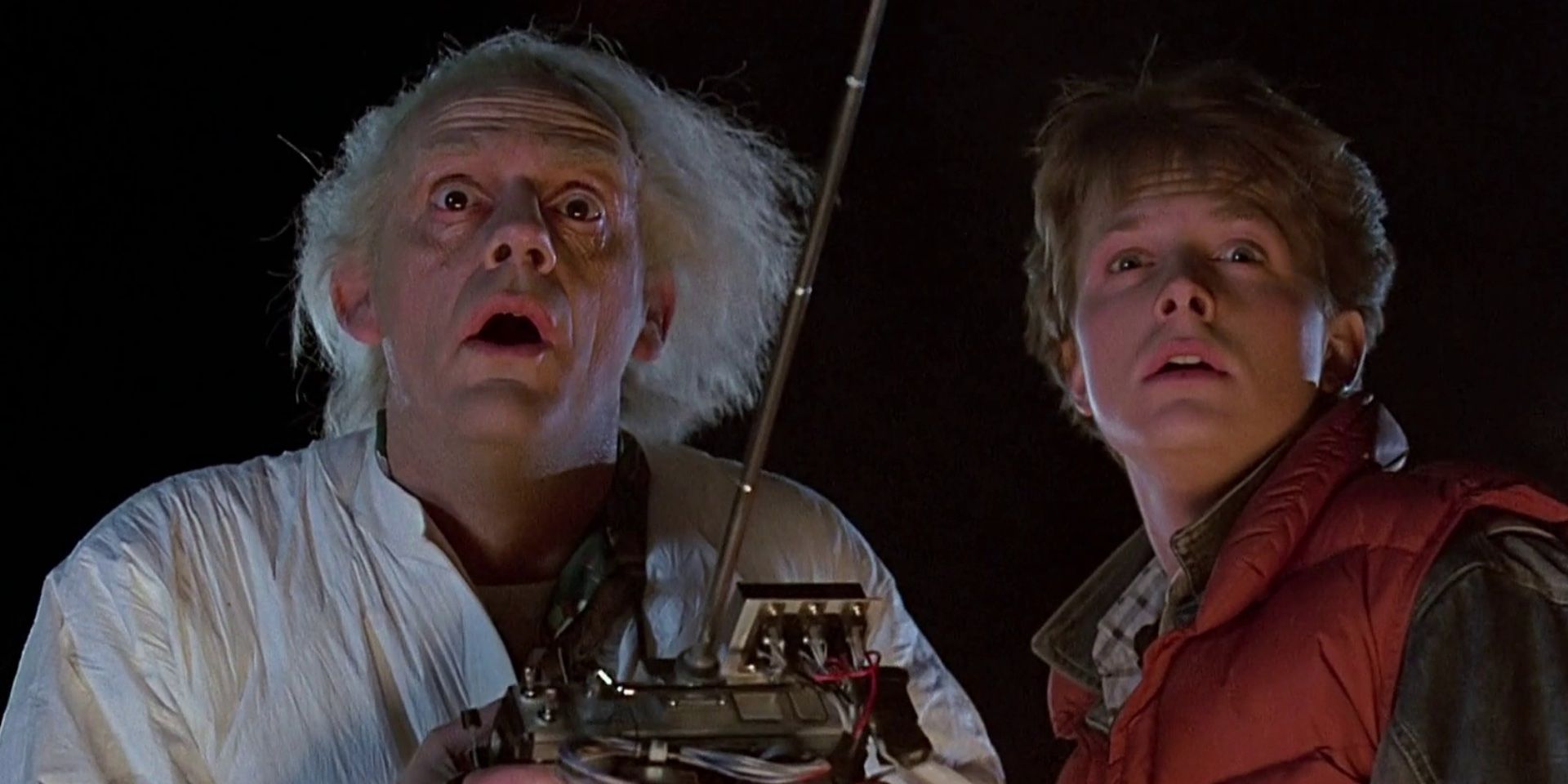
.jpg)
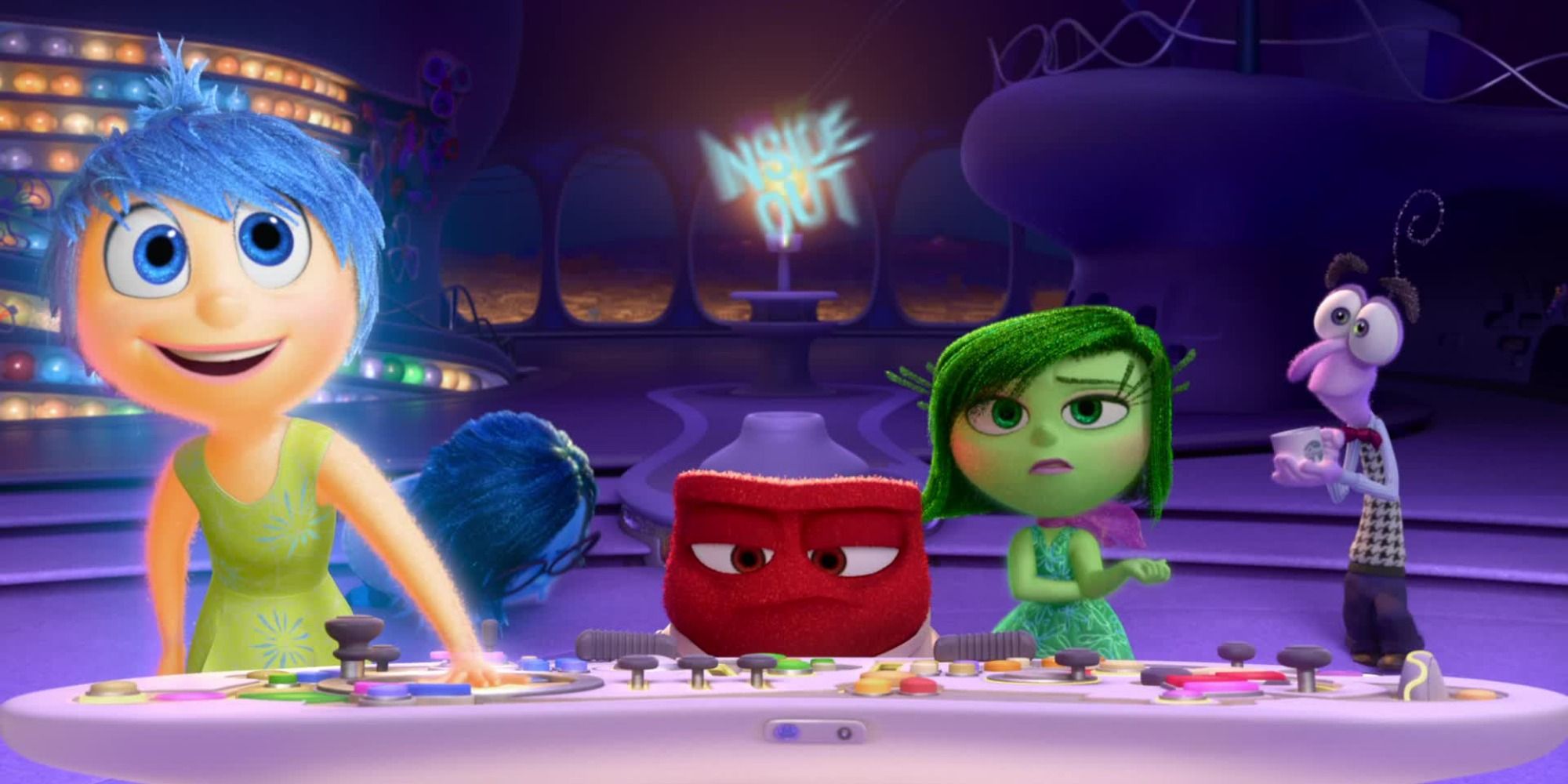
.jpg)
